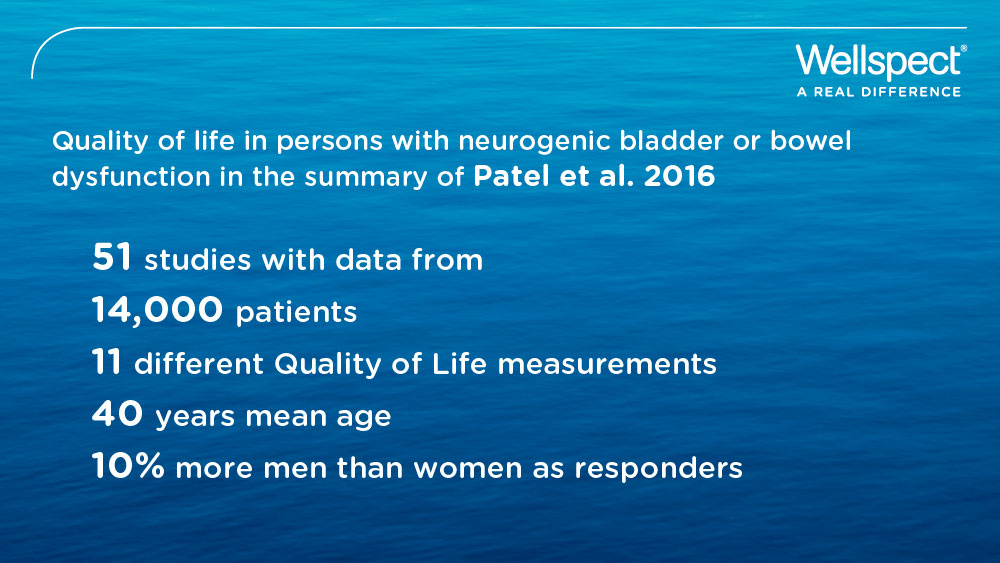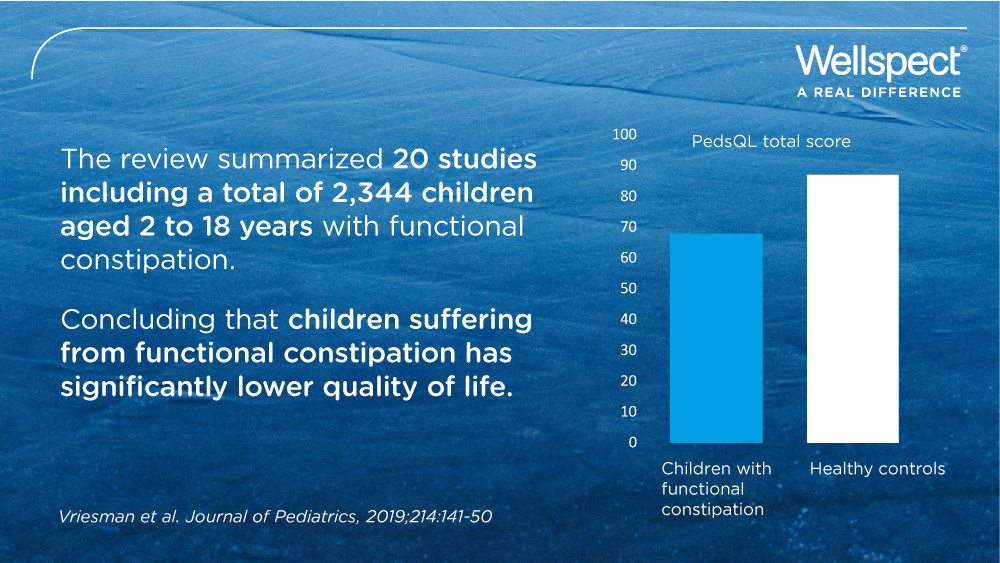People with neurogenic bladder and/or bowel dysfunction often suffer from highly individualized symptoms. It can be difficult to quantify change in an individual’s symptoms using standardized measurement tools, and points to the value of Patient—Centered Outcome Measures.
Read MoreTopics: Neurogenic bladder, Neurogenic bowel, Bowel dysfunction, Bladder dysfunction, quality of life
Bladder and bowel symptoms are known to reduce quality of life and are rated a severe life problem in persons with SCI. This study was undertaken to identify women’s experiences living with spinal cord injury and neurogenic bladder and bowel.
Topics: Bladder and bowel interaction, Neurogenic bladder, Neurogenic bowel, Women's health, quality of life
Neurogenic bladder and bowel dysfunction has a significant impact on quality of life and well-being. To increase quality of life, treatments should be based on patient reported outcomes. Read more about this and other conclusions in a literature review by Patel et al.
Topics: Bladder and bowel interaction, Neurogenic bladder, Neurogenic bowel, quality of life
This review underscores the negative impact of constipation on children’s well-being and identifies factors associated with lower health-related quality of life in children.
Read MoreTopics: functional constipation, quality of life
Bladder and bowel interacts and have a significant impact on people’s quality of life and well-being. Many suffer in silence, too embarrassed to mention it to their doctor or nurse, often missing out on life improving treatment and coping strategies.
Read MoreTopics: Bladder and bowel interaction, quality of life







